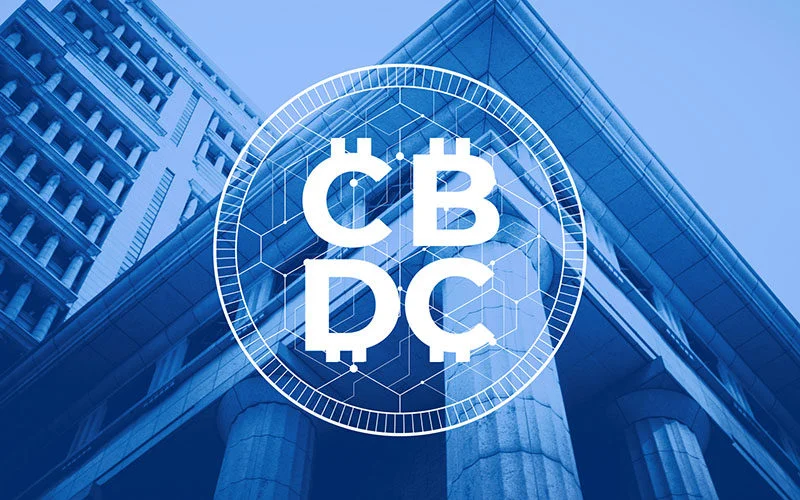A recent public consultation on Canada’s central bank digital currency (CBDC) initiative revealed a negative sentiment from Canadians, confirming the Bank of Canada’s concerns around its country-wide adoption.

In a recent public consultation, Canadians have expressed their opposition to the idea of a digital Canadian dollar, a new form of money issued by the Bank of Canada.
The consultation, which ran from May 8 to June 19, 2023, aimed to start a conversation with Canadians on the potential benefits and challenges of a CBDC.
However, the results showed that most respondents preferred using existing forms of payment over a CBDC and advised the Bank of Canada to stop researching and building the capability to issue a digital Canadian dollar.
Low Awareness and Adoption of CBDC
The public consultation report, which was published on November 16, 2023, revealed that nearly 95% of the respondents either heard or were familiar with the concept of a digital Canadian dollar.
However, this did not translate into a positive attitude towards CBDC adoption. Surprisingly, people who were aware of CBDCs were more reluctant to adopt the technology when compared with those who didn’t know about it.
Of the respondents, 93% primarily make paper cash payments daily but also use credit and debit cards and other modes of online payments. In addition, just 15% of the respondents held Bitcoin and other cryptocurrencies.
Most respondents demanded regulations requiring merchants to accept cash as payment and expressed concerns about the privacy, security, and accessibility of a CBDC.
The report also showed that the small demographic of respondents who previously held crypto showed more interest in using CBDCs. This suggests that familiarity and experience with digital currencies could influence the perception and adoption of a CBDC.
Bank of Canada’s CBDC Research Continues
Despite the negative feedback from the public, the Bank of Canada stated that it will continue to research and build the capability to issue a digital Canadian dollar, as it believes that Canada may need one in the future.
The Bank of Canada also said that it will consider the public’s views and preferences in designing a CBDC that would be safe, accessible, and private.
The Bank is not alone in exploring the possibility of issuing a CBDC. Many other central banks worldwide are also conducting research and experiments on CBDCs, such as the European Central Bank, the People’s Bank of China, and the Federal Reserve.
CBDCs are seen as a way to enhance the efficiency, resilience, and inclusiveness of the payment system and support monetary policy and financial stability.
However, CBDCs also pose significant challenges and risks, such as legal, regulatory, technological, and operational issues, as well as the potential impact on the banking system, the economy, and society.
Therefore, central banks need to carefully weigh the costs and benefits of CBDCs and consult with various stakeholders before making any decision on whether and how to issue a CBDC.
